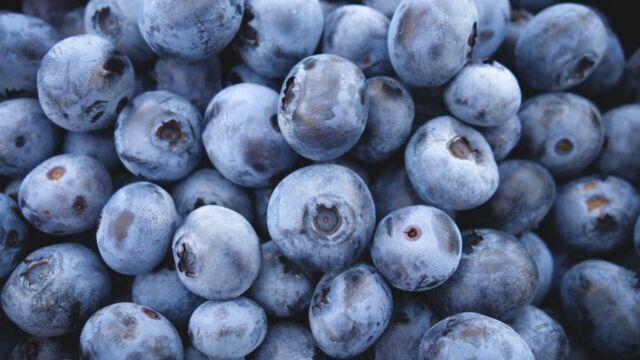According to a longevity study, dietary patterns may provide considerable protection against disease and indications of ageing. Amidst these berries turn up as the saviour. There is compelling evidence that berries may be antidotes to disease and ageing. Studies suggest that it can reduce cancer by 80 per cent and increase longevity by 28 per cent.
Discover our latest podcast
Because of its unrivalled health benefits, one fruit, in particular, is frequently hailed as an antioxidant powerhouse—blueberries. Not only do berries have been long known for their health advantages, but there is also current research showing their preventive properties against cognitive decline, DNA damage, cancer, and metabolic syndrome.
Blueberries can help you live longer
The fruit is rich in its anthocyanin contents, which have high antioxidant and anti-inflammatory qualities and are responsible for the majority of the fruit's advantages. These chemicals can provide extraordinary lifespan advantages. In a study published in the journal Ageing Cell, researchers claimed that blueberries could extend the average longevity of mice by up to 28 per cent. It said,
Adult wild-type animals grown under our standard laboratory conditions at 25C have a mean lifespan of 12.7 days and an average lifespan of 19.7 days.
On media containing either crude BB extract [Blueberry extract] [...] mean lifespan of wild-type animals was lengthened by 28 per cent.
The work was then examined scientifically by the website Life Extension, which stated that these life-extension effects would amount to 22 years in humans. As such, blueberries might only be tasty but could be the trick to leading a healthy life.
Blueberries may help prevent cancer
While some cancers are inherited and cannot be prevented, others can be avoided by making significant lifestyle changes. Many researchers have looked at the cancer-fighting effects of blueberries in mice, but proof of these effects in people is limited. Colorectal cancer, aka colon cancer, is a type of cancer that affects both men and women.
In one investigation on the effects of dietary freeze-dried berries on animals, researchers discovered a 30-60 per cent suppression of oesophageal cancer cells and an 80 per cent inhibition of colon cancer cells. Although most berries are cancer-fighting, blueberries, in particular, may contain compounds that help prevent this type of cancer.
These findings were supported by a study focused on the cancer-fighting capabilities of blueberries in rats. Bandaru Reddy, who was the lead author of the study and a professor in the Department of Chemical Biology at Rutgers, said,
This study underscored the need to include more berries in the diet, especially blueberries.















